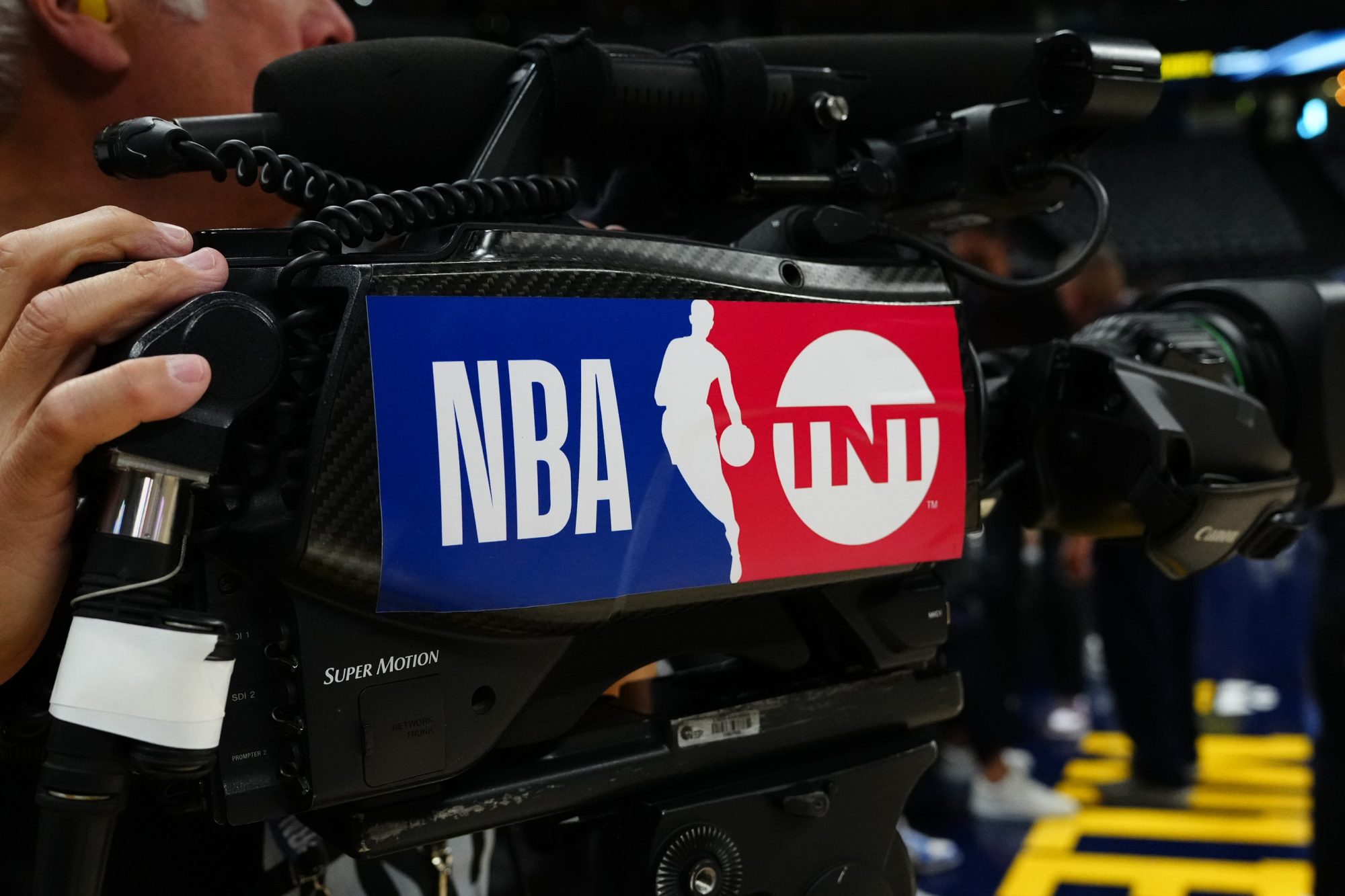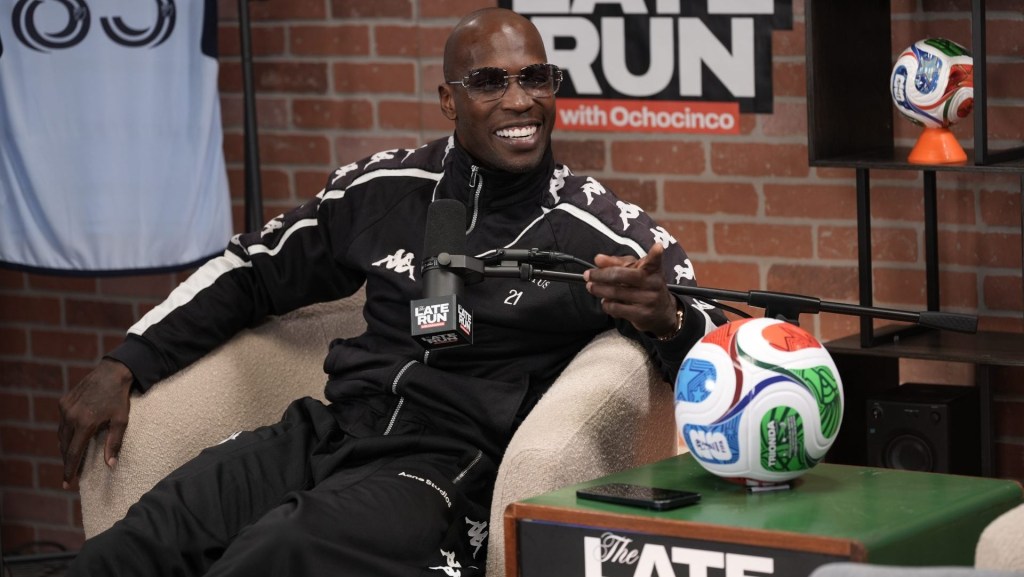Already having accused the NBA of engaging in several contract breaches, Warner Bros. Discovery is levying yet another claim against the league: inserting poison pills into its rights deal with Amazon.
Responding late Friday to the league’s motion to dismiss WBD’s lawsuit, the TNT Sports parent says the NBA inserted a series of “purposely onerous or immaterial” contractual provisions designed to make it impossible for media company to exercise its matching rights and gain the “C” rights package between 2025 and 2036. That set of rights, estimated at more than $1.8 billion per year and including a conference final every other season, also features early-round playoffs in line with what is currently on NBA TV, weekly regular-season broadcasts, the Emirates NBA Cup, and WNBA rights, among other assets.
WBD alleged the league’s poison pills include:
- Cross-promotion with the NFL: WBD claims “the Amazon offer required that NBA games be shown on a platform that also shows NFL games—even though the NBA knows plaintiffs do not have NFL rights.”
- Escrow requirements: WBD claims it was asked to fund a $3.2 billion escrow requirement within five days of signing an agreement “when the NBA knew WBD had only ~$2.98 billion cash.” The company continued that “the escrow requirement also was a farce because the NBA enjoyed unfettered discretion to relieve Amazon from it.”
- Credit rating and damages: WBD claims the NBA would be allowed to terminate rights “if either S&P or Moody’s were to downgrade WBD’s credit rating below a certain threshold, and recover a termination fee of up to $4.5 billion.” A downgrade is much more likely for WBD than it is for Amazon given the relative size and health of both companies.
“The NBA did everything it could to frustrate [WBD’s] ability to match an offer by Amazon. And when that tactic failed, the NBA simply ignored its obligations and baselessly rejected [WBD’s] match,” the company said in a filing with the Supreme Court of the State of New York, where the case is being heard.
Despite that claim of bad faith furthering WBD’s claim of contract breach by the NBA, the company says it then went further and matched the Amazon offer anyway. That match, WBD says, includes equal payments for the same package of games, distribution on a “popular, wide-reaching streaming platform” (Max), financial backstops to ensure payment of rights fees, and cross-promotion during events such as the College Football Playoff and March Madness.
“[WBD’s] matching rights are far broader than the NBA misleadingly asserts,” the company said in its filing.
Platform Debate
WBD, meanwhile, also sought to take aim at the NBA’s argument that the “C” rights package involved only streaming, and as a result, any attempt to include linear distribution, as TNT Sports has, results in an improper and incomplete match of rights.
“Contrary to the NBA’s argument, the Amazon offer is not limited to ‘one specific form of combined audio and video distribution.’ Prime Video is distributed via multiple forms of non-broadcast television to consumers,” WBD said. “The NBA insists the Amazon offer is ‘internet-only.’ That is both false and irrelevant.”
Next Steps
The league has until Oct. 2 to file further support for its motion to dismiss.
Without an immediate ruling to dismiss by Judge Joel Cohen or a settlement, the case is almost certain to intersect with the 2024–2025 NBA season. The NBA preseason begins Oct. 4, and the regular season starts Oct. 22. The two sides have agreed to an expedited schedule, and a trial, should the case get to that point, is tentatively set for early April. Appeals, however, could see the dispute potentially drag into the 2025–2026 season, when the new set of national rights that also include ESPN and NBC Sports in addition to Amazon are due to start.







![[Subscription Customers Only] Jun 15, 2025; Seattle, Washington, USA; Botafogo owner John Textor inside the stadium before the match during a group stage match of the 2025 FIFA Club World Cup at Lumen Field.](https://frontofficesports.com/wp-content/uploads/2026/02/USATSI_26465842_168416386_lowres-scaled.jpg?quality=100&w=1024)
![[Subscription Customers Only] Jul 13, 2025; East Rutherford, New Jersey, USA; Chelsea FC midfielder Cole Palmer (10) celebrates winning the final of the 2025 FIFA Club World Cup at MetLife Stadium](https://frontofficesports.com/wp-content/uploads/2026/02/USATSI_26636703-scaled-e1770932227605.jpg?quality=100&w=1024)








